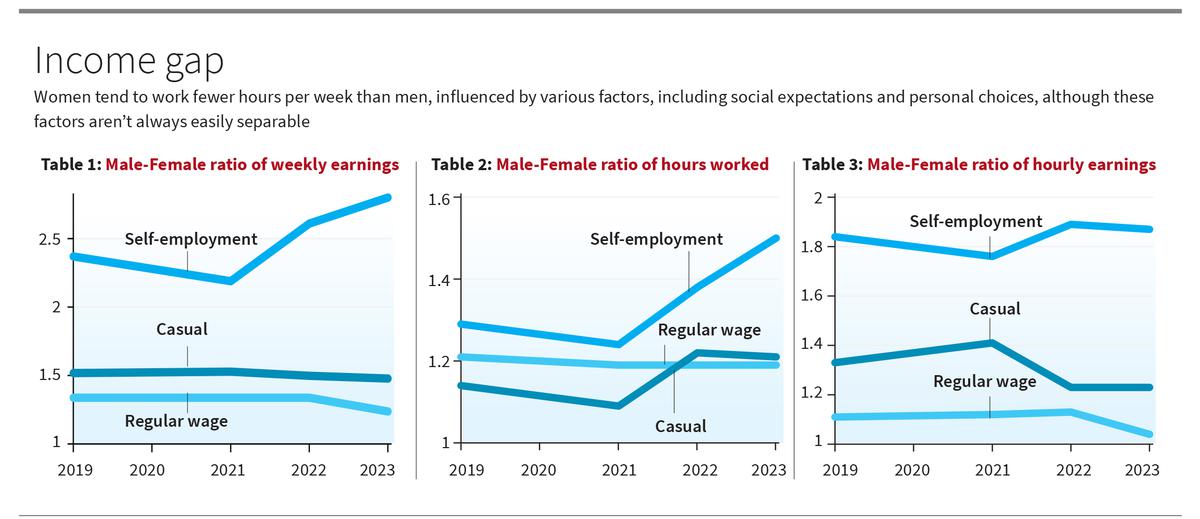A salesman watches TV screens during the live telecast of Union Budget 2023 by Finance Minister Nirmala Sitharaman in Ahmedabad on Wednesday.
| Photo Credit: VIJAY SONEJI
The Union Budget highlighted the seriousness of pendency in courts and the need for quick dispute resolution by announcing a “voluntary settlement scheme with standardised terms” to amicably end commercial/contractual disputes concerning government undertakings in which arbitral awards are under challenge.
The announcement, which came under the head ‘Vivad se Vishwas II’, said “to settle contractual disputes of government and government undertakings, wherein arbitral award is under challenge in a court, a voluntary settlement scheme with standardised terms will be introduced. This will be done by offering graded settlement terms depending on the pendency level of the dispute”.
“Perhaps recognising that the government is the country’s most prolific litigant, a welcome measure is the setting up of a standard voluntary settlement scheme for government entities where an arbitral award is under challenge. Such settlements would give much needed relief to both the government entities as well as private organisations who would otherwise be mired in long drawn and costly litigations,” Shaneen Parikh, partner and head – International Arbitration, Cyril Amarchand Mangaldas, said in a statement.
The announcement in the Budget comes on the back of a Supreme Court observation that pendency concerning arbitration proceedings shows a “very sorry state of affairs”.
A Bench led by Justice M.R. Shah, in Chopra Fabricators and Manufacturers Ltd versus Bharat Pumps and Compressors Ltd, had raised the issue of how long-pending challenges to arbitral awards hurts the ease of doing business. “It is very unfortunate that even after a period of 30 years, the party in whose favour the award is passed is not in a position to enjoy the fruit of the litigation/award,” the court had said.
The court had said that unless an arbitral award was not executed at the earliest, it would frustrate the purpose and object of the Arbitration Act as well as the Commercial Courts Act.
“Even as per the new Commercial Courts Act, 2015 the commercial dispute is required to be decided and disposed of at the earliest and within the stipulated time provided under the Act, namely, one year,” the court had noted.
Supreme Court judge Justice B.R. Gavai had pointed out that “a quick dispute resolution mechanism will go a long way in attracting foreign investors”.
Another major step envisaged in the Budget for “enhancing ease of doing business” is the reduction of more than 39,000 legal compliances and the decriminalisation of over 3,400 legal provisions.
“For furthering the trust-based governance, we have introduced the Jan Vishwas Bill to amend 42 Central Acts. This Budget proposes a series of measures to unleash the potential of our economy,” the Finance Minister said in the Budget speech.







